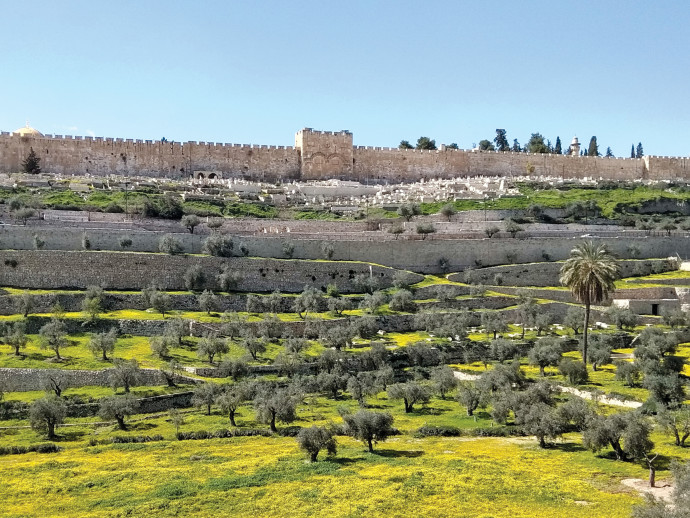The High Court of Justice on Sunday green-lighted a controversial cable-car project from western Jerusalem to the Old City to ease access for the millions of visitors to the ancient site where the Western Wall is located.
It rejected four petitions against the project that argued, among other things, it would disturb the historical integrity of the site to provide access solutions for which there were other less-intrusive options.
Justices Yosef Elron, Alex Stein and Anat Baron on Sunday said the petitioners had failed to prove why the court should intervene in the decisions made by the various committees that had approved the project.
Baron, however, suggested that decision-makers should reconsider the wisdom of the project in light of the division it has caused among experts and the public.
The cable car will change the skyline of the Old City and its walls, which is a unique historic site, she said.

Jerusalem’s Old City and its walls were inscribed by Jordan to the United Nations Education, Cultural and Scientific Organization as a World Heritage Site in 1981 and placed on its List of World Heritage in Danger the following year.
According to the Jerusalem Municipality, the 1.4-km. (0.9-mile) cable-car line would be able to transport 3,000 passengers per hour from the First Station to the Old City’s Dung Gate.
Jerusalem Mayor Moshe Lion welcomed the court’s decision, saying his office would continue to promote the project, which resolves transportation issues in the area for residents and visitors.
The left-wing archaeological group Emek Shaveh, one of the plaintiffs in the case, called the ruling a “lamentable decision.”
The plan was “decried by internationally acclaimed architects as highly destructive to a unique World Heritage Site,” it said. “The court proved once again that it is a political actor. Our fight continues.”
In a publication about the project, Emek Shaveh said the plan was “an ugly landscape of support pillars and thick cables. This would constitute unprecedented harm to the landscape of the Old City and the Ben-Hinnom Valley,” which currently “comprises a minor traffic route and a green belt preserving the natural beauty and antiquities.”
The left-wing NGO Ir Amim said the battle over the project was linked to the Israeli-Palestinian conflict and the right-wing drive to expand the Jewish presence in east Jerusalem Arab neighborhoods.
“The aim here is to alter the Palestinian space by superimposing an exclusively Jewish narrative over the area and expanding the Jewish presence through residential settlement [settler takeovers of Palestinian homes] and settler-operated tourist sites,” it said.
Hagit Ofran of the left-wing group Peace Now said: “Now it is in the hands of the government – to stop this grandiose and harmful plan!”
